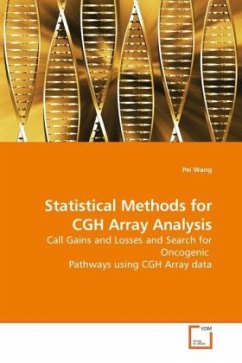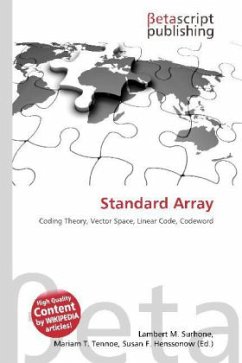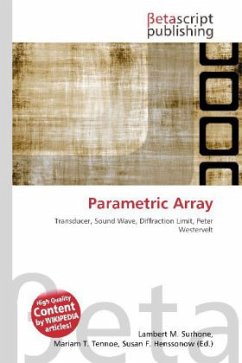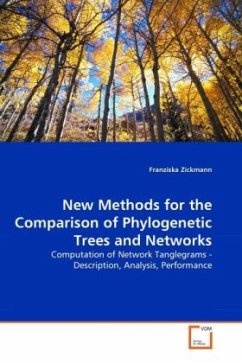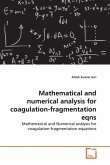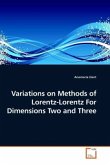Genomic DNA copy number alterations are key genetic events in the initiation and progression of human cancers. Recent advance in the technique of microarray comparative genomic hybridization (array CGH) enables one to screen genome-wide for all possible regions with DNA copy number alterations, such as chromosome gains and losses, or localized amplifications and deletions. In this book, we introduce two statistical methods addressing two different questions for the data analysis of array CGH. The first method---Cluster Along Chromosomes--- is developed for calling gains and losses in CGH arrays. The second method--- Boosted PRIM (Patient Rule Induction Method)--- is developed to search for oncogenic pathways using array-CGH data. The performance of the methods are illustrated through both simulation studies and real applications.

